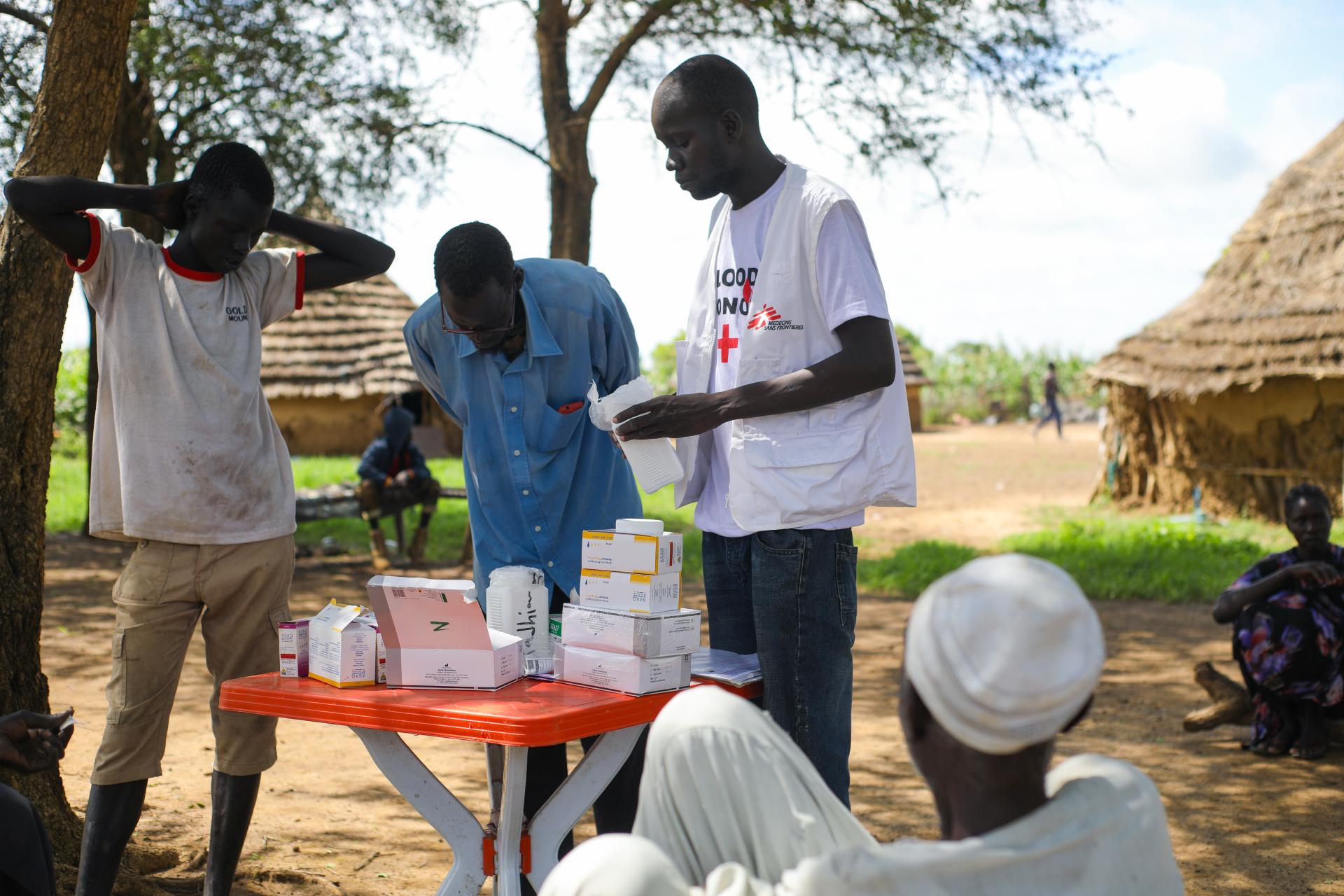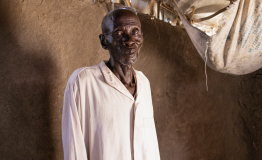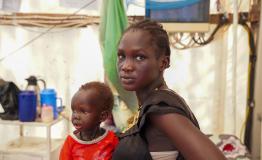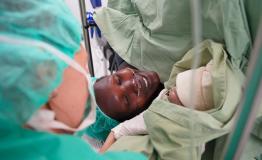By Awa Abdou, MSF Nurse Activity Manager and Team Leader at Integrated Community Case Management sites (ICCM), Abyei Special Administrative Area (ASAA), South Sudan.
“I wanted to be a nurse since I was a child. In 2005, MSF started working in my country, Niger. I was 12 years old when I heard about an NGO called MSF that was helping children suffering from malaria and malnutrition.
I heard that MSF was hiring nurses in the malaria season in 2013. I sent in my documents and after a test and an interview they hired me. Except for a short period off work because of a motorbike accident, I have been with MSF since then. I was working in Zinden and Margaria for two years in the emergency unit before I became a trainer teaching new nurses for four
years. Then I became the Nurse Activity Manager in 2020. I then went to work with MSF in Democratic Republic of Congo for four months, but because of the COVID-19 pandemic, I stayed for eight months. I went home to Niger and worked in paediatrics for six months during the rainy season—from October to April. Then I went to work as international staff in MSF regional projects.
MSF sent me to Ghana for eight months to improve my English as part of a new personal development program. It really helped me. In 2021, I worked in a Tuberculosis (TB) and HIV project in Eswatini for three months, afterwards I worked at home in Niger in paediatrics for six months. From the end of 2021, I have worked in Burkina Faso, Kenya, and now here in South Sudan.
I am very, very happy. I love my job. I help put a smile on people’s faces. The only challenge is being away from my family, especially now with possibility of the conflict breaking out in my country.
MSF’s work in South Sudan is amazing; I really appreciate the support we are able to prove. We save so many lives. We help prevent people getting seriously ill from malaria and diarrhoea. We are here to save lives, and that’s what we are doing.
My team is skilled at what they do. They are very motivated to help the community. Sometimes we walk for hours in difficult conditions like today through flood water. We have to work through the changing weather seasons to access communities who are cut off from health care. The more remote they are, the more they need us.
We train local volunteers to test for malaria, know the warning signs of disease, and provide medication. They communicate with the community, providing them with lifesaving information about what to do if they feel ill, what symptoms to look out for, and when to get help. They also report health data, discuss challenges they and the community face, and propose solutions to these challenges.”



